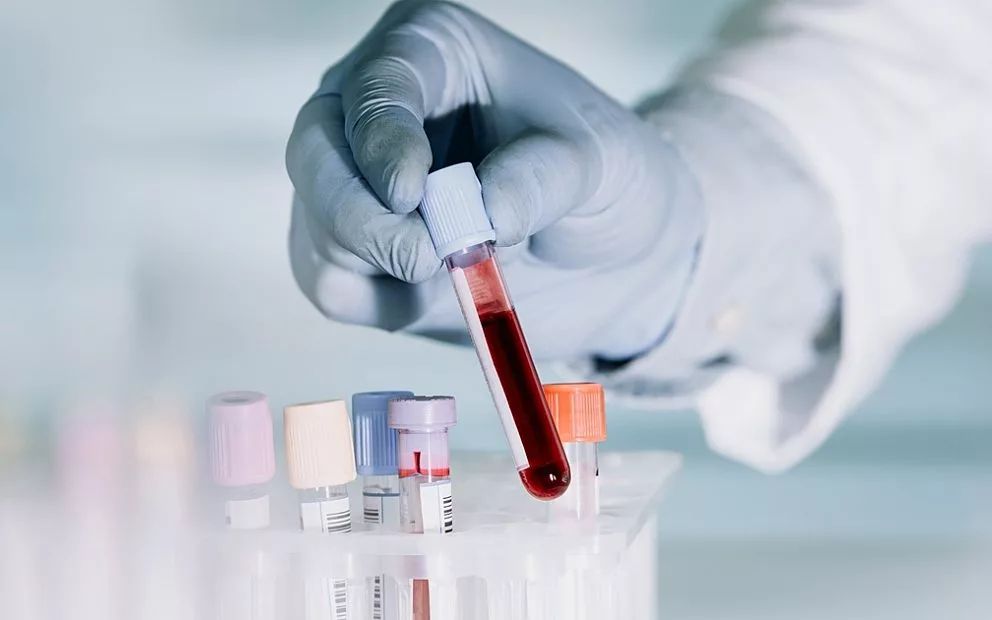A blood test to check how well you’re ageing has been invented by SAHMRI researchers, and now they’re working on ways to wind back the clock.
The test examines how well the cells are keeping house, cleaning up debris and recycling waste, which is a process called “autophagy”.
Neurobiologist Dr Tim Sargeant said the aim was for the test be added to the standard health check-up, alongside tests for blood pressure and cholesterol.
“Our aim is for the blood test to provide clinicians with a baseline from which to experiment with preventative strategies to increase autophagy in their patients, including everything from lifestyle adjustments to medications.” Dr Sargeant said.
Exercise and nutrition, especially fasting diets, are known to effect autophagy in animal studies but until now it has been impossible to study in humans.
“This will lead to us being able to point definitively to what kind of fasting is most effective for people and exactly how much exercise they need to do to increase their autophagy,” Dr Sargeant said.
“We want to tell people how long to fast and whether they need to walk around the block or run a marathon.”
Researchers plan to measure autophagy in people living with a wide range of diseases, including cancer, heart disease and Alzheimer’s disease, with the aim of understanding how disease impacts the process.
“The work we’ve done in the past has shown that autophagy doesn’t work well in the brains of people living with dementia,” Dr Sargeant said.
“If we can learn more about what causes the process to stop and start and when this occurs, we can work towards creating life-changing interventions.”
The word autophagy means “to eat yourself” and the process is important for two reasons: the body’s own quality control system, and its capacity to draw on emergency nutritional support.
“Your cells in your body that make up your tissues can detect dysfunctional machinery within themselves. They can label the machinery that has broken it down and they destroy it by autophagy, and that’s what keeps your cells healthy with ageing,” Dr Sargeant said.
“The other really important role that autophagy has to play in the body is nutritional support. So if you starve, a part of what’s keeping you alive when you starve is autophagy, because your body is made up of nutrients and autophagy can access those nutrients when there’s no food around.”
The research is published in the journal Autophagy.
This article is reproduced with permission from The Advertiser.



